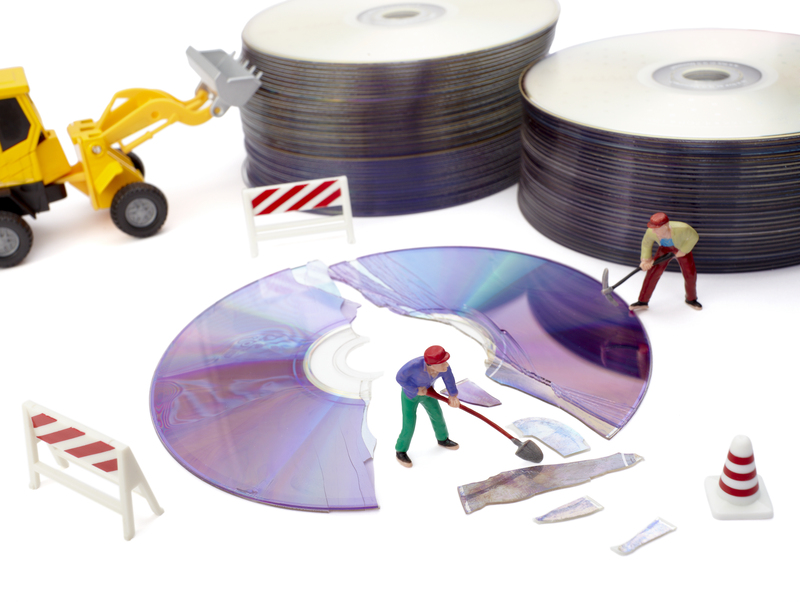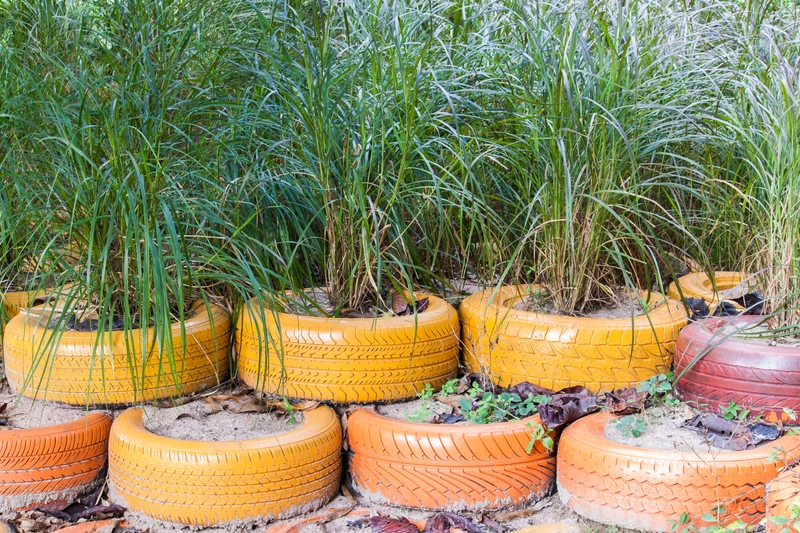Easy Recycling for Your Plant Pots
Posted on 18/05/2024
As the trend of sustainability and environmental consciousness continues to grow, more and more people are looking for ways to reduce their impact on the planet. From using reusable bags and water bottles to composting food scraps, there are numerous small changes we can make in our daily lives to live more sustainably. One area that often gets overlooked is our gardening habits, specifically the disposal of old plant pots. Did you know that most plastic plant pots cannot be recycled and end up in landfills? But fear not, there are easy ways to recycle your plant pots and reduce your environmental footprint. In this article, we will discuss why recycling your plant pots is important, tips on how to do it, and a few pros and cons of different methods.
Why recycle your plant pots?
Plant pots are commonly made from plastic or clay, both of which have negative environmental impacts. Plastic pots, in particular, take hundreds of years to decompose in landfills, releasing harmful chemicals into the soil and water. This results in pollution and harm to wildlife. Recycling these pots helps reduce the amount of waste that ends up in landfills and minimizes their negative impact on the environment.


Now that we understand the importance of recycling plant pots let's explore some easy ways to do it.
1. Reuse them: The most straightforward way to recycle your plant pots is by reusing them. If you have a garden or indoor plants, chances are you accumulate a lot of empty pots over time. Instead of throwing them away, clean them properly and reuse them for future plants. You can also give them to friends or family who enjoy gardening.
2. Donate them: If you have more plant pots than you need, consider donating them to local community gardens or nurseries. These organizations often need extra supplies for their projects and would gladly accept donations.
3. Check with your local recycling program: While most plastic plant pots cannot be recycled through traditional curbside recycling, some cities have specialized recycling programs for them. Check with your local recycling program to see if they accept these pots and follow their instructions for proper disposal.
4. Find a drop-off location: In some areas, there are specific drop-off locations or events where you can bring your old plant pots for recycling. These locations may partner with companies that turn the pots into new products, reducing waste and promoting sustainability.
When it comes to recycling your plant pots, there are a few pros and cons to consider:
Pros:
- Reduces waste: By recycling your plant pots, you are keeping them out of landfills and minimizing pollution.
- Promotes sustainability: Recycling helps conserve natural resources and reduces the need to produce new materials.
- Saves money: Reusing or donating pots means you don't have to buy new ones, saving you money in the long run.
Cons:
- Limited options: Not all areas have specialized recycling programs or drop-off locations for plant pots, making it challenging to dispose of them properly.
- Time-consuming: Cleaning and preparing pots for reuse or donation can be time-consuming, especially if you have a large collection.
- Not all materials can be recycled: Some types of plastic used in plant pots cannot be recycled at all, limiting the sustainable options for disposal.
Tips:
- When reusing or donating pots, make sure to clean them thoroughly with soap and water before use.
- Avoid using chemicals on plastic pots as they may leach into the soil and harm plants.
- If you cannot find a recycling program or drop-off location near you, consider repurposing your old plant pots for other household uses such as storage or organizing.
Takeaways:
Recycling your plant pots is an essential step towards reducing your environmental footprint. By reusing or donating them, you are preventing waste from entering landfills and promoting sustainability. However, it's essential to check with your local recycling program or find a drop-off location as not all materials can be recycled. You can also repurpose old pots for other household uses to reduce waste further.
In conclusion, easy recycling for your plant pots is a crucial step in living sustainably. Whether you choose to reuse, donate, or find a specialized recycling program, every effort counts towards reducing waste and protecting our planet. So next time you have an empty plant pot, remember these tips and do your part in promoting a greener tomorrow.

